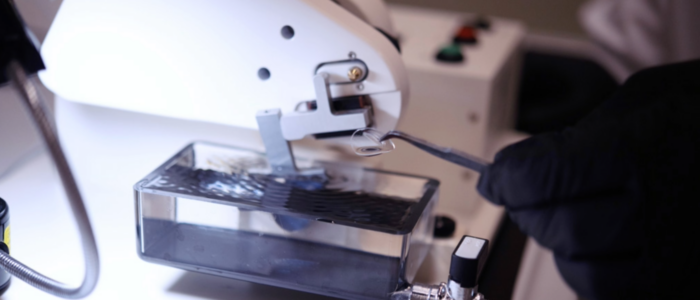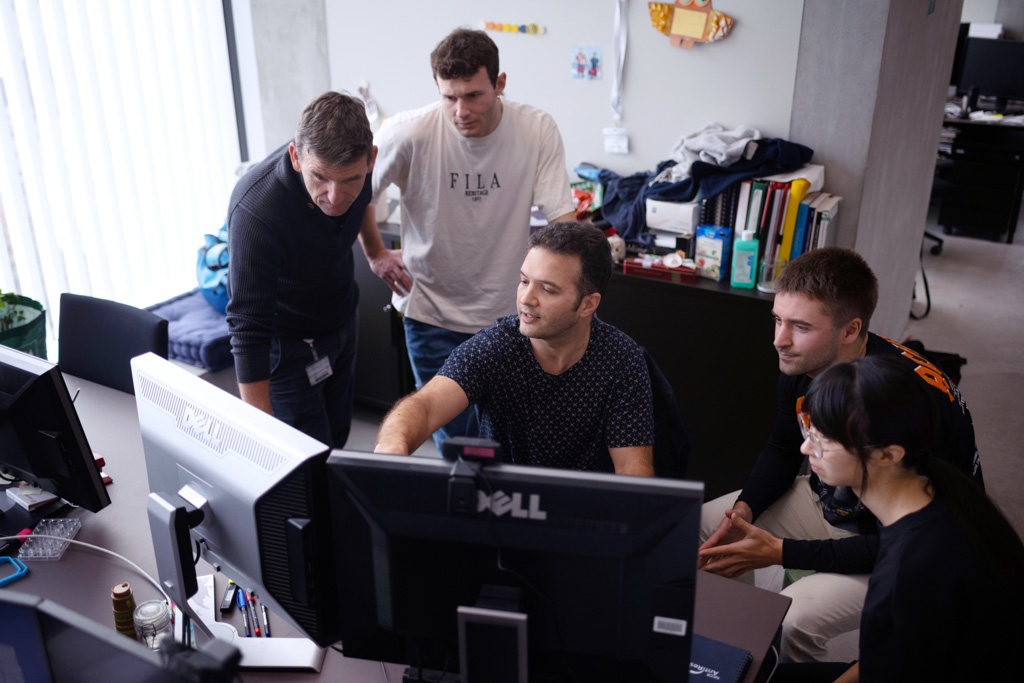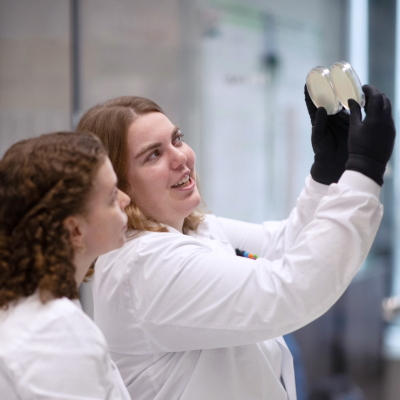AntiResist Mission
NCCR AntiResist aims to match the rapid evolutionary pace of antimicrobial resistance (AMR) with a new paradigm in antibiotic discovery targeting in vivo pathogen behaviour.
Antimicrobial resistance (AMR), the evolved ability of bacteria and other microbes to evade antibiotic treatment, is now a global threat, and after thirty years of stagnation in the development of new antibiotics, we are faced with the very near prospect of a post-antibiotic era.

Our Mission
While new antibiotics may provide a temporary reprieve, AntiResist plays a pivotal role in addressing this innovation gap for good. With a fundamental shift towards in vivo antibiotic research, we are providing the standard for continual novel antibiotic discovery to keep pace with AMR evolution for generations to come.

AMR is a global problem.
We therefore embrace the principles of open science and collaboration, and are proud to publish our data, so that scientists around the world can see, expand and build on our work.






